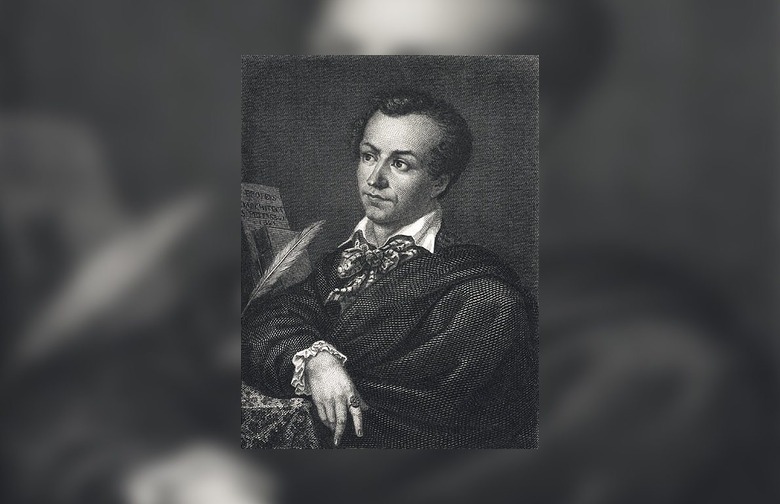The Daily Meal Hall Of Fame: Marie-Antoine Carême
The Daily Meal is announcing the inductees into its Hall of Fame for 2016. The Hall of Fame honors key figures, both living and dead, from the world of food. We are introducing the honorees, one per weekday. Today's inductee is Marie-Antoine Carême.
The great French chef Marie-Antoine Carême (1784–1833) — whose last name, ironically, is French for "Lent," a period of religious fasting — was abandoned by his family at the age of 10 or 12, apprenticed to a Parisian pastry chef at the age of 14, and four years later took over another pastry shop on his own. Along the way, he met and began cooking (not just making pastry) for the famed statesman Talleyrand (Charles Maurice de Talleyrand-Périgord). He cooked for Napoleon, Talleyrand's boss for a period, and for the future George IV of England, Tsar Alexander 1, and the Baron James de Rothschild, among other luminaries.
Carême became known for his pièces montées ("assembled pieces"), which were elaborate confections, made to resemble models of classical buildings, ancient monuments, and other forms, and used as centerpieces at formal banquets. (He once famously maintained that one of the five fine arts was "Architecture — whereof the principle branch is confestionery.")
His true legacy has little to do with these constructions, though. It was Carême who designed the chef's high hat, or toque, and who decided that chefs' uniforms should be white; he codified the art of classical French sauce-making and himself developed hundreds of sauce recipes, and established four basics (espagnole, velouté, allemande, and béchamel) as the "grande" or "mother" sauces from which many others could be made; he banished from his dining rooms traditional French-style service (in which all courses were presented at once) in favor of the Russian method, which was one course after another following a set progression — the way we eat today for the most part.
We may feel the direct influence of Carème's successor Escoffier more strongly today (whether we're aware of it or not), but Carème helped establish standards and practices of fine dining that have filtered down even to casual cuisine.
